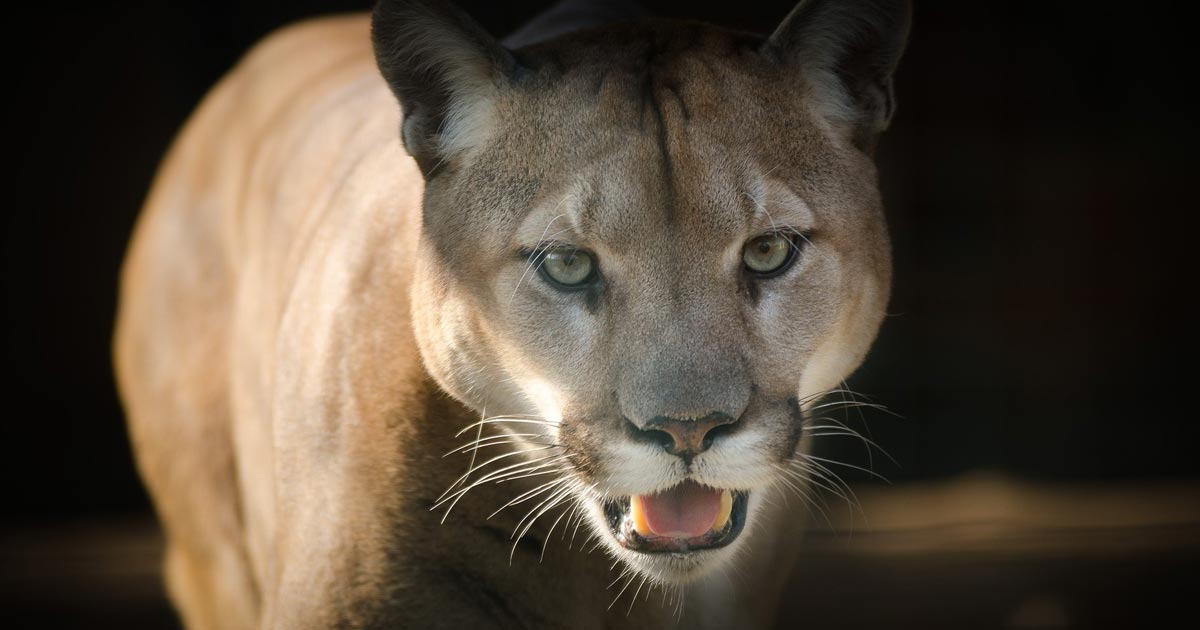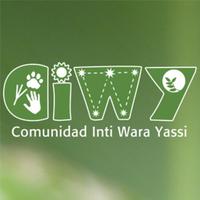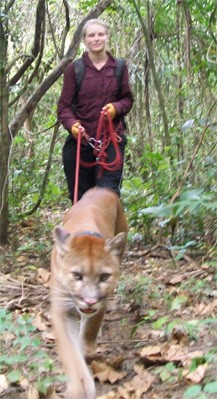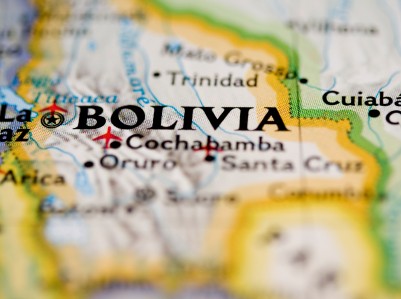
The Glasgow Vet School Rodeo is an annual charity event organised by vet students. It is traditional for second year students to make the event happen, and so this year, I was involved in its organisation.
My responsibilities included taking minutes at weekly meetings, correspondence with print media for advertising, compiling the programme and poster/flyer design.
Each year, we support several (usually animal-related) charities with the aim of hosting a fun-filled family day out while raising money for worthy causes. The year, the final total raised came to a huge £16,162.74, which will be split between the charities [see bottom of page for a full list].
The 54th annual Rodeo was held within the grounds of Glasgow Vet School on April 12.
After the committee was soaked to the skin while unloading and directing exhibitors to their pitches in the morning, the rain (but unfortunately not the wind) stopped just in time for the gates to open at 11am – much to everyone’s relief.
The day included falconry, dancing, duck-herding and husky demonstrations in the main arena, with SMAART horse, Trec and horse rescue demonstrations in the horse arena. There was also a dog show, which offered all owners the chance to enter their dog in a variety of classes, as well as an animal tent, reptile tent and pony rides.

If that wasn’t enough, there were craft stalls in the marquee, bouncy castles, horse and carriage rides, and local animal charities also came along to promote their work.
As has become traditional, we ended the day by drawing our “rodeo raffle”. We had some fantastic prizes, such as a family pass for Blair Drummond Safari Park, afternoon tea at Hilton Glasgow, “Tee Time” at Royal Troon Golf Club and many more – we are grateful to the various organisations for providing these.
Despite battling through the fury of Scottish weather in the morning, and relentless wind throughout the day (resulting in many stalls being relocated into one of the marquees), the committee felt the day was a success overall. After eight months of planning, we pulled it off, and celebrated that evening in true Scottish style with a ceilidh open to students at Glasgow Vet School.
The charities being supported this year were:
- World Horse Welfare, which is an international horse charity that ‘improves the lives of horses in the UK and around the world through education, campaigning, and hands- on care’.
- Blue Cross, which “finds the right homes for unwanted pets throughout the UK, treats sick and injured animals at their hospitals when owners can’t afford private fees, promotes animal welfare and provides the Pet Bereavement Support Service”.
- Hearing Dogs for Deaf People, which helps people experiencing hearing loss throughout the UK by creating “life-changing partnerships between deaf people and specially trained hearing dogs”.
- Veterinary Development Fund: the James Herriot Scholarship fund will enable Glasgow Vet School to award scholarships to excellent undergraduate and postgraduate veterinary students who, through financial constraints, may otherwise not be able to study at Glasgow.
- Inti Wara Yassi is a Bolivian charity that works to rescue wildlife by confiscating illegally kept wild animals or by offering sanctuary to animals that are voluntarily brought to the charity. These animals are cared for in one of three parks throughout Bolivia (I also volunteered at two of the parks last summer).
- Hessilhead Wildlife Rescue, is a charity in North Ayrshire, Scotland, that aims to rescue, treat, rehabilitate and release birds and animals back to the wild.
- Students for Animals In Need is a charity made up of veterinary students from the University of Glasgow who work together to provide treatment to sick or injured animals that might not otherwise be treated, due to financial difficulties.
- Riding For the Disabled Association (RDA): Glasgow RDA provides equine therapy to more than 300 children and adults with disabilities from across the greater Glasgow area.






